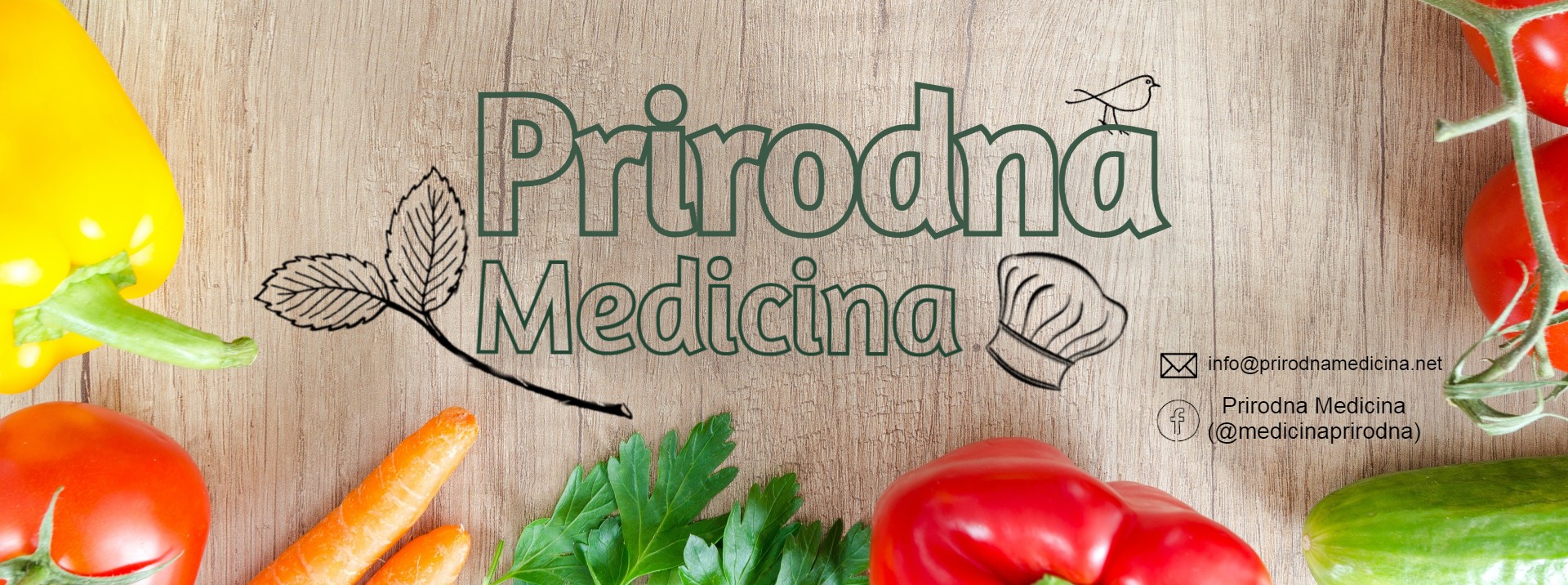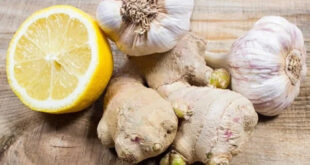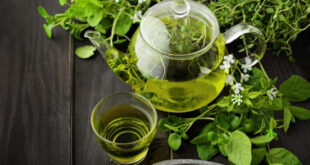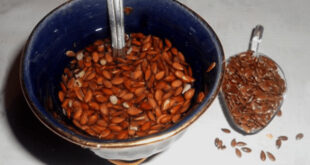Content
One of the reasons that alcohol is good for your heart in a moderate amount might have something to do with its anticoagulation effects. Anticoagulants are often called blood thinners because they help keep your blood flowing smoothly through your veins and lower blood pressure. If you’ve been prescribed a blood thinner, it’s because you have heart disease or another condition that increases the rate of blood clotting in your body. However, this lack of blood clotting caused by alcohol could also potentially increase your risk for hemorrhagic strokes or strokes that occur when weak blood vessels burst. The risk of “bleeds” or bleeding strokes also increases as a result of heavy alcohol use. Yes,alcohol increases heart rateas well as raise blood pressure during the initial stages of intoxication.

Alcohol can also slow down the rate at which your body breaks down and metabolizes your blood-thinner medication. This can lead to a serious build-up in your body and increases your risk of heart attack and stroke. For men, this means having more than four drinks a day, and for women, this means having more than three drinks a day.
Why is it a risk?
We do not receive any commission or fee that is dependent upon which treatment provider a caller chooses. Alcohol should never be used as a substitute for blood thinner medications. So, could someone like Kendra just use alcohol to thin their blood, instead of taking prescribed blood thinners? And another cause of low platelet production is chronic liver disease . This condition, often caused by drinking too much alcohol, lowers the hormone that stimulates platelet production. The platelets make your blood clot, so bleeding stops when you suffer an injury. The platelets in Lily’s body immediately get to work clotting the blood to stop the bleeding.
6 Foods Triggering Your Cravings & Making You Gain Weight – Eat This, Not That
6 Foods Triggering Your Cravings & Making You Gain Weight.
Posted: Tue, 07 Feb 2023 19:50:07 GMT [source]
People who said they drink a lot of liquor also tended to binge drink, which counteracts any helpful effects you might get from alcohol in moderation. Drinking a small amount can help people feel relaxed, blood thinners and alcohol but too much, too often, can be harmful for health. Neither Addiction Group nor AAC receives any commission or other fee that is dependent upon which treatment provider a visitor may ultimately choose.
Does Alcohol Act As A Blood Thinner?
Alcohol can also cause underlying health problems that affect the liver, which plays a vital role in how blood thinners work and how blood clotting occurs. This can increase the risk of bleeding and hemorrhagic stroke. It can also make it more difficult for the body to form a blood clot. These are just a few questions asked by patients to their physicians. Some studies have shown that in moderation, wine is actually a heart-healthy form of alcohol. Others claim benefits that moderate intake of alcohol can act somewhat like a blood thinner in the body. It can be suggested to them, that alcohol doesaffect blood clotting processes, but not in the way some might think.
- Alcohol is generally not an essential activity, and it can increase the risk of bleeding, so it is typically best to avoid drinking while on blood thinners.
- It raises the likelihood that you could develop inflammation in your pancreas and in the lining of your stomach, and it increases your risk of cirrhosis — a serious liver disorder.
- Drink only on occasion and never exceed two drinks per day.
- Get professional help from an addiction and mental health counselor from BetterHelp by phone, video, or live-chat.
The effects of aspirin are increased by alcohol, making it more likely for the effects to reach a toxic level. Aspirin can also increase the risk of internal bleeding when taken with alcohol. Alcohol use should be limited while taking aspirin, particularly in the two hours before or after using it. Having a drink or two every once in a while is probably fine when you're on blood thinners — just be sure to talk to your doctor. If you're a regular drinker, you may need to get your medication levels checked more often. Doctors and pharmacists can advise people whether they should avoid or limit their alcohol use while taking blood thinners.
 Prirodna Medicina Vaše zdravlje je naš prioritet
Prirodna Medicina Vaše zdravlje je naš prioritet



